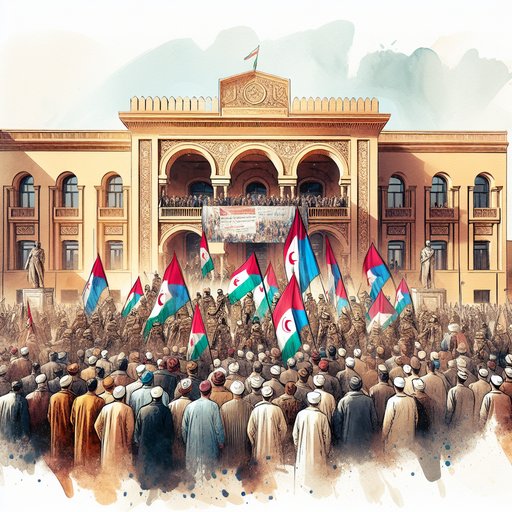
Morocco's proposal for resolving the long-standing Western Sahara dispute has received unprecedented international backing, marking a potential turning point in one of Africa's most protracted territorial conflicts. King Mohammed VI recently highlighted growing global support for Morocco's autonomy plan while expressing readiness to address regional tensions, particularly with neighboring Algeria [1].
The United Kingdom has emerged as the latest major power to endorse Morocco's Western Sahara autonomy proposal, with Foreign Secretary David Lammy making a significant diplomatic statement during his visit to Rabat. This move aligns with a broader trend of international support for Morocco's position on the disputed territory [2].
King Mohammed VI's recent address emphasized Morocco's commitment to finding a peaceful resolution to regional tensions. The monarch specifically highlighted his country's willingness to work towards resolving outstanding issues with Algeria, suggesting a potential breakthrough in diplomatic relations between the two North African nations [1].
The Western Sahara autonomy plan proposes significant self-governance for the region while maintaining it under Moroccan sovereignty. This approach has gained traction among international observers as a practical solution to a decades-old dispute that has hindered regional cooperation and development.
The growing international consensus around Morocco's proposal represents a shift in the diplomatic landscape, potentially paving the way for a resolution to one of Africa's longest-running territorial disputes. This alignment of international perspectives could create new opportunities for regional stability and cooperation in North Africa.
























